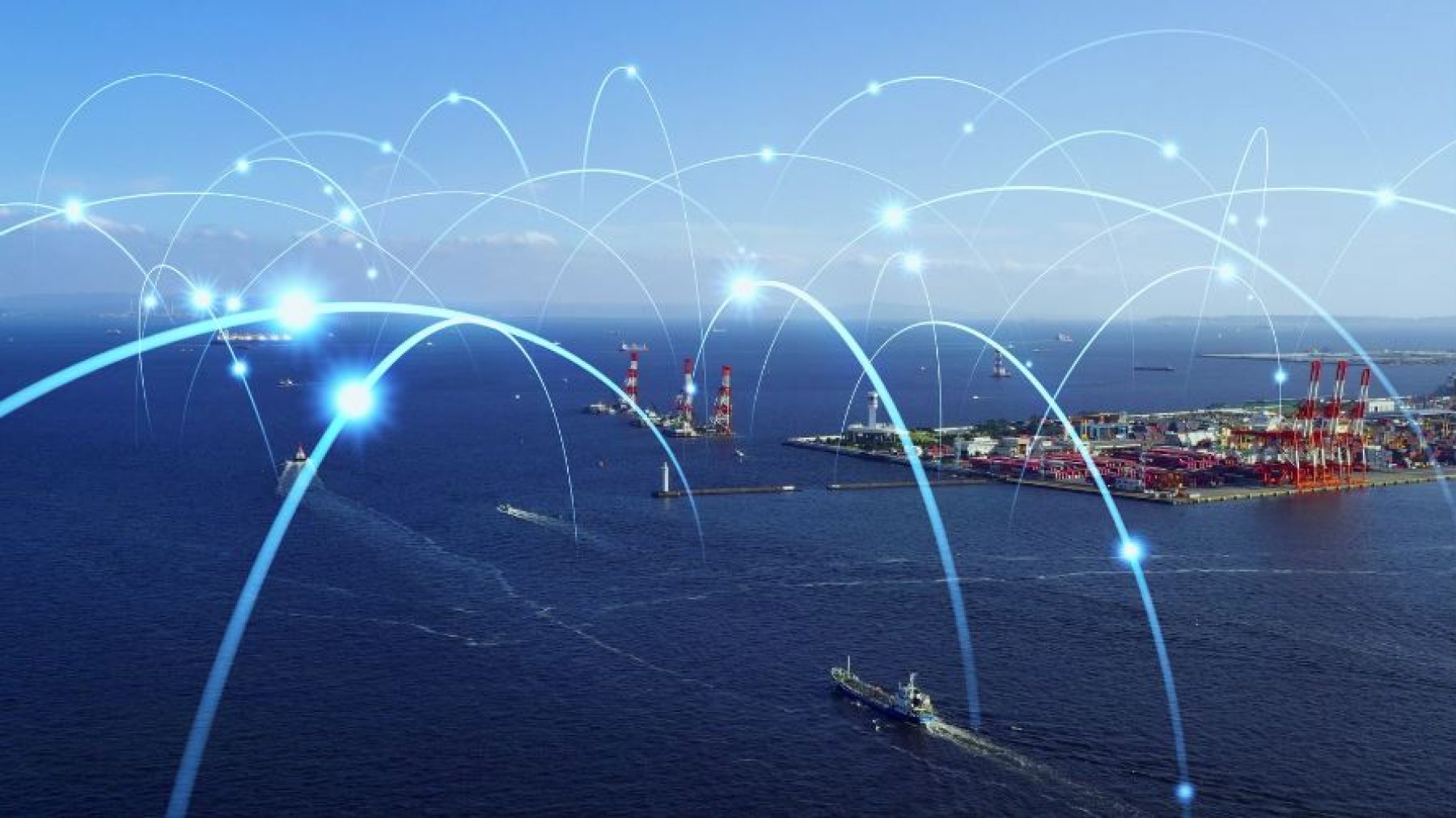
Have your say on collaboration priorities for the Maritime sector
Innovate UK wishes to consult the clean maritime industry on the opportunities for international collaboration in several priority areas, via an online survey and an online workshop.
We invite you to complete the short online survey (approx. 10 mins to complete). The collated results from this first phase will be shared with respondents. The responses will not be attributed and the data will only be accessible by Innovate UK KTN and Innovate UK.
The second phase of the consultation will be an online workshop bringing together a selected group of UK thought leaders from industry, policy and academia to review the survey results, discuss the opportunities and agree priority countries. Please provide your contact details in the survey if you would like to be considered for invitation to the workshop.
The consultation is an opportunity for UK businesses to engage with policymakers and funders to influence priorities and countries for international collaboration. Future activities may include missions to specific countries to explore opportunities for collaboration and bilateral R&D funding calls.
The four key areas of clean maritime activity that are in scope for this consultation are:
1. Decarbonisation of the maritime sector including on vessel low and zero-emission technologies
a. 100% battery electric
b. Alternative fuels, hydrogen, ammonia and methanol
c. Electric and alternative fuels hybrids
2. Port and shore-side solutions for vessel charging, shore power and fuel bunkering
3. Smart shipping technologies that enable decarbonisation
4. International Green Shipping Corridors
The survey will close on Friday 30 June. The responses will then be analysed and invitations to the workshop will be sent in early July.
A list of topics that are out of scope:
• Aquaculture (but not the vessels involved in aquaculture)
• Nuclear propulsion
• Personal Watercraft (PWC)
• Marine conservation and ecology, such as mapping the sea floor etc
• On-vessel power generation and fuel production to reduce greenhouse gases, for example, solar panels, synthetic fuel production
• Increasing the efficiency of current conventional fossil fuels and fossil fuel powertrains for maritime vessels
• Biofuels, except for projects strictly focused on inland waterway vessels and Non-Road Mobile Machinery (NRMM), which includes port-side machinery